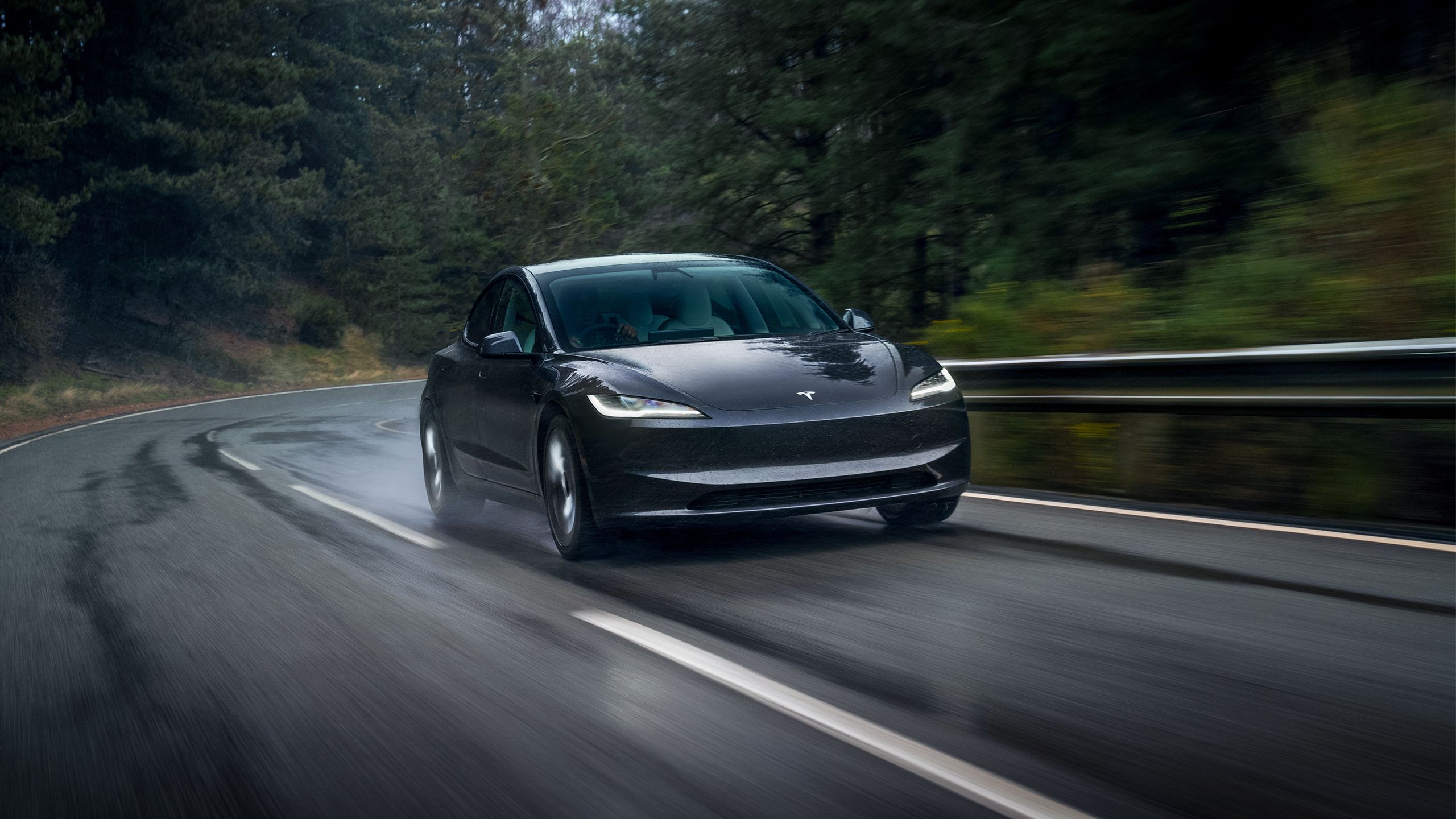Key Takeaways
- Tesla’s Q1 earnings showed a drop in revenue and profits, but Musk’s comments on future models boosted stock.
- New affordable Tesla models are coming, but new vehicles may not be as cheap as expected.
- Tesla is setting shareholder expectations for future growth waves and may license its FSD technology to a major automaker.
Tesla reported Q1 2024 earnings after the bell on Tuesday, and while the company announced a 9% drop in revenue and an 18% drop in gross profits, it’s CEO Elon Musk’s comments about future models that had the stock up sharply after hours and making headlines across the internet.
What is going on with Tesla right now?
Layoffs, project cancellations, Cybertruck recall and a bad fiscal quarter. Tesla once looked invincible, now it looks merely mortal.
After a damning and controversial report from Reuters in early April claimed that Tesla had completely scrapped its pinnacle mass-market $25,000 electric vehicle, which Elon Musk quickly refuted, the future of the affordable Tesla model has been thrown into a tailspin of uncertainty and speculation. Was Tesla really caving to the margin pressure from Chinese manufacturers like BYD and Xiaomi? After all, an “affordable, high volume” Tesla model was the ultimate end goal of the Tesla “Master Plan, Part Deux.” Well, yes and no.
 A more affordable model was confirmed, but Musk hedges
A more affordable model was confirmed, but Musk hedges
On the earnings call, Musk stated that new, more affordable Tesla models would go into production in “early 2025, if not late this year,” providing, as he always does, a sort of loose timeline to perhaps under-promise and over-deliver, though that is not always how things plays out. The original vision of the so-called “Model 2,” the zenith of innovation that Tesla had promised for so many years, was supposed to use groundbreaking production methods and battery chemistries to bring down costs and provide the ultimate affordable mass-market EV. That vision is absolutely not what was announced on Tuesday. Instead, Tesla says the new models will be built using their current production platform and manufacturing facilities, and that these new models would use “aspects” of the current platform and some of a new generation platform.

Tesla’s $25,000 Model 2 crossover: What we know
Despite recent reports, Elon Musk insists that Project Redwood, Tesla’s effort to build its most affordable EV yet, is still on track.
Here again, we see Tesla setting quite measured expectations. In fact, when asked on the call whether these new cars would be entirely new models or simply cheaper trims of existing vehicles, Musk curtly responded, “I think we’ve said all we will on that front.” Spinning this as a positive for shareholders, the Tesla investor deck says that this would allow Tesla to “fully utilize” their production lines to extract “more than 50% growth over 2023 production,” hopefully reaching full capacity of 3,000,000 vehicles per year. Crucially, the company seemed to signal that the new vehicle may not be as cheap as previously hoped, saying that the choice to use existing production lines “may result in achieving less cost reduction than previously expected but enables us to prudently grow our vehicle volumes in a more CapEx efficient manner during uncertain times.”
Overall, Tesla is trying to set shareholder’s expectations. A statement in their earnings presentation reads “Our company is currently between two major growth waves: the first one began with the global expansion of the Model 3/Y platform and we believe the next one will be initiated by advances in autonomy and introduction of new products, including those built on our next generation vehicle platform. In 2024, our vehicle volume growth rate may be notably lower than the growth rate achieved in 2023, as our teams work on the launch of the next generation vehicle and other products.”

Tesla’s redesigned and faster Model 3 Performance starts at $52,990
Deliveries begin later this year.
So it seems that Tesla understands that it absolutely must compete in the affordable EV space, and that such a model is crucial for the future of the company, at least in the near to medium term. The new EV might just not be the revolutionary one that Tesla shareholders, and likely Musk himself, had hoped for after all.
Tesla reported that it’s in talks with “one major automaker” to license it’s FSD technology, perhaps bringing its industry leading driver assistance features to a wider audience in the future. It also added that “In 2024, the growth rates of energy storage deployments and revenue in our Energy Generation and Storage business should outpace the Automotive business.”
Trending Products

Cooler Master MasterBox Q300L Micro-ATX Tower with Magnetic Design Dust Filter, Transparent Acrylic Side Panel…

ASUS TUF Gaming GT301 ZAKU II Edition ATX mid-Tower Compact case with Tempered Glass Side Panel, Honeycomb Front Panel…

ASUS TUF Gaming GT501 Mid-Tower Computer Case for up to EATX Motherboards with USB 3.0 Front Panel Cases GT501/GRY/WITH…

be quiet! Pure Base 500DX Black, Mid Tower ATX case, ARGB, 3 pre-installed Pure Wings 2, BGW37, tempered glass window

ASUS ROG Strix Helios GX601 White Edition RGB Mid-Tower Computer Case for ATX/EATX Motherboards with tempered glass…









